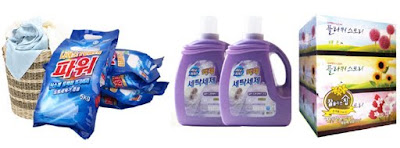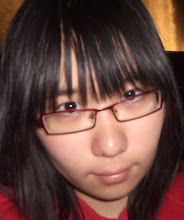
Korean people throw a party for friends and neighbors when they're moved. It's called Jipdeuli집들이. The host prepares several kinds of food at their new house and invites people over. When you're invited you're supposed to take Jipdeuli presents with you. What do you think you'll bring?


You might think of these options: plants, ornaments, wines, ect.
In America people normally give potted plants or decorations as housewarming gifts.
Of course these are possibilities, but some of Koreans give candles and matchboxes. Sounds weird? Well they signify flourish at a new home, like a growign flame or fire.

Of course these are possibilities, but some of Koreans give candles and matchboxes. Sounds weird? Well they signify flourish at a new home, like a growign flame or fire.

It's also popular to give tissues, toilet paper, or detergent, wishing new life would smoothly unravel like toilet paper unrolls or detergent gets dissolved. It's affordable, a whole pack of Kleenex(a famous detergent brand) priced 10,000 won!($10)


